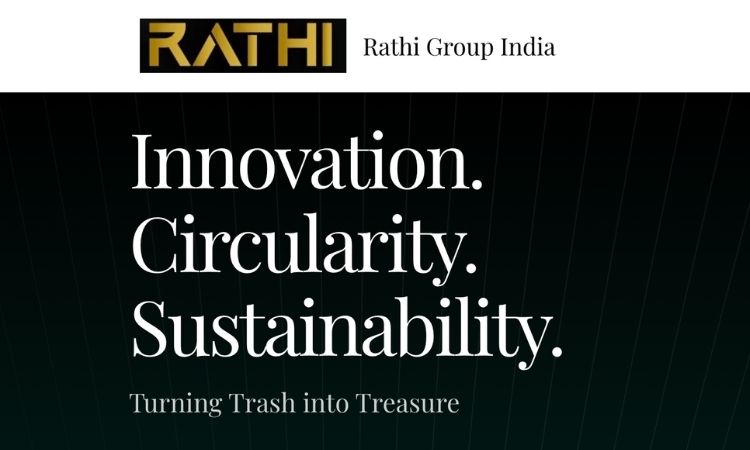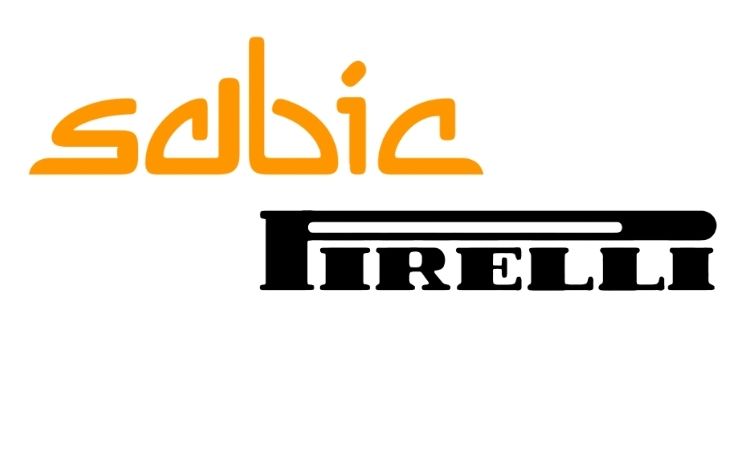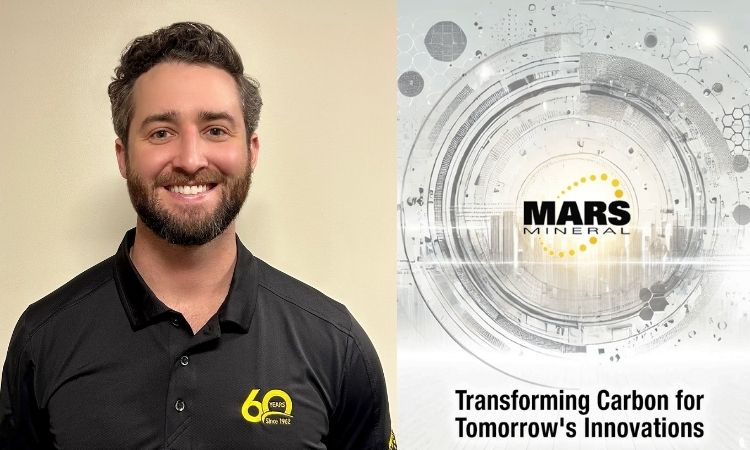Build commercially successful tire recycling or pyrolysis business with Weibold’s Pre-Feasibility Studies
Are you thinking about starting a tire recycling or pyrolysis business and don’t know where to start? Do you need help in carrying out a Pre-Feasibility Study to see if your ideas prove commercially successful? Below we describe how Weibold’s Pre-Feasibility Study helps novices in the domain of tire recycling and pyrolysis to build a commercially successful business.
To build a successful tire recycling or pyrolysis business, first of all one must identify markets and products and design sales channels, which will serve as a foundation to count profitability. This is a rather difficult task, as it is composed of many peculiar and field-specific details, whose research requires a big amount of time.
In general, we advise our clients to identify their markets, potential off-takers and products before starting a process to choose a technology and suppliers for it.
Conceiving an economically viable tire recycling and pyrolysis plant is an iterative process that has to investigate, eliminate and make trade-offs on a large number of variables in a methodical way. Feedstock, markets, CAPEX limits and technology choices are interdependent and any one parameter can have a large impact on the final economy and profitability of your operation.
At Weibold we have developed such a methodical approach. In the Pre-Feasibility Study we analyze material sources, markets for specific locations and the customer’s plans in cooperation with the customer and arrive at a high level technical and economic model before choosing technology suppliers. We highly recommend you do this study before delving into searching and comparing equipment vendors.
In the Pre-Feasibility Study Weibold first agrees with the Client on a list of parameter ranges, which include:
- A general identification of what is known and what needs to be researched regarding the nature and origin of the planned feedstock supply.
- Ranges and limits for the size of the intended investment (this could also include optional scenarios for larger investments)
- A general identification of the type of products we want to produce and the categories of off-taker customers we would like to sell them to.
- If they exist, a set of preferences for the technology we would like to implement and the type of relationship the project initiators would like to engage with the technology supplier.
- Any constraints that exist regarding the location of the plant, size and nature of the planned plant site, and the logistics of transporting goods to and from the site.
- Any local relations, connections and opportunities the Client might have that can positively affect the outcome of the project.
- Any research already conducted and findings by the Client which should be considered in the Study.
Based on these parameters, Weibold then develops a model which should provide a basis for a Yes/No-go decision to the Client and his/her investors and a blue print for designing the plant, choosing technology suppliers, devising an operational concept and developing products and markets. To do that, we will conduct research for the Client’s specific situation and report the findings, including:
- A detailed introduction to tire recycling / pyrolysis taking into consideration the complete product spectrum (tire derived oils, ashes and/or recovered Carbon Black, gas, steel).
- A high-level survey of the available feedstocks.
- An overview about rules, regulations and the current legal framework for tire recycling operators and the use of tire derived products in the Client’s territory.
- A section about understanding tire recycling / pyrolysis technologies. It will inform about the production process and describes the different equipment types required to successfully recycle/pyrolyse tires.
- A recommendation for the major components to be included in the plant’s process, including pre-processing and post-processing equipment. 6. Applications for a tire recycling or pyrolysis plant output suitable for the local and other applicable markets.
- In case of tire recycling:
- tire chips
- crumb rubber
- steel
- textile
- In case of tire pyrolysis:
- tire derived oils (various grades)
- lubricants
- recovered Carbon Black and/or ashes
- steel
- Success factors for a pyrolysis project in the Client’s location.
- A general summary of the current and future trends and innovations in the tire recycling or in the fast-paced pyrolysis industry. This section will focus on the latest technologies and techniques to add-value.
- A ranked high-level survey of potential markets and industries, that are reachable for the Client’s specific location and situation
- Recommendations for choices of product output and corresponding investments into equipment will be explained and include:
- The process of selecting a technology supplier
- Selection criteria
- An overview of technology suppliers
- A high level analysis of the economic factors affecting the choices of technologies/products to be implemented, and their corresponding Key Performance Indicators (KPIs), including:
- CAPEX, OPEX
- P&L impacts (revenues and costs)
- Return on Investment (ROI, ROE and IRRs)
- Cash Positive Points (Investment Recuperation Time)
- A qualitative analysis of the choices and recommendations on focus points for continuation of the project.
The Pre-Feasibility Study should allow you to decide whether or not to go forward and to start planning the project in detail. Upon agreement, in the next steps Weibold is capable of support the Client in the following ways:
- A Technology Evaluation, in which Weibold and the Client together select a short list of tire recycling or pyrolysis technology suppliers that will be applicable to Client’s needs and obtain binding quotations for a specific set of equipment. We will then rank them and recommend choices. If desired, Weibold can also help negotiating a contract on Client’s behalf. Depending on what products need to be produced, Weibold also may have to select and get quotes from suppliers of pre- and post-processing machinery.
- Financial Modelling and Planning module in which Weibold creates a very detailed 10-year finance plan with all the cost, labor, CAPEX and OPEX, and quality parameters made explicit. This will give the Client a budget for investment as well as a detailed economic analysis of margins, ROIs, yields, cashflows, balance sheets, recuperation times, and the usual key performance indicators that can be used for management and investors.
- Very popular amongst Weibold’s clients is Market Study module, where we pro-actively research existing and promising applications and where we directly approach potential customers and inquire their existing and future needs.
- If desired, Weibold can produce a Bankable Business Plan, in which all the assumptions, technological aspects, products, risks, investments operational parameters and financials are researched, described and summarized in a professional document. This is usually needed for financial institutions if there is a formal risk management involved in analyzing and improving an investment (private equity funds, banks, etc.).
Weibold has an international team of experienced consultants focused exclusively on tire recycling and pyrolysis. Our services already helped several hundreds clients worldwide to boosts success of their plants and achieve commercial viability of their projects.
Weibold’s Pre-Feasibility Studies serve as detailed blueprints for launching tire recycling / pyrolysis business, and help understand and adjust real profitability of projects to attract funding from investors, banks or authorities.
Get in touch with us today and inquire more about our services at sales@weibold.com!
Weibold is an international consulting company specializing exclusively in end-of-life tire recycling and pyrolysis. Since 1999, we have helped companies grow and build profitable businesses.









